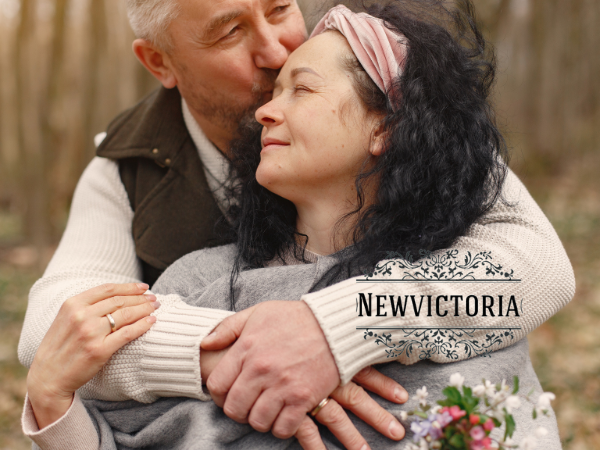Physical Address
304 North Cardinal St.
Dorchester Center, MA 02124

Committed relationship is a mutual agreement between two people to stay together for the long term, with the intention of building a lasting bond based on love, trust, and respect. This type of relationship is characterized by a strong emotional connection, as well as a shared sense of commitment to each other’s happiness and well-being. In this article, we will explore the key aspects of a committed relationship, including its characteristics, benefits, challenges, and how to build and maintain it.

Trust, honesty, communication, respect, love, and loyalty are the key characteristics of a committed relationship. These qualities are essential for building a strong foundation of mutual trust and understanding that can sustain the relationship over time.
Trust is the foundation of any committed relationship. It involves relying on your partner to be honest, faithful, and dependable. Honesty is equally important, as it fosters an environment of open communication and vulnerability, allowing both partners to share their thoughts, feelings, and concerns freely.
Effective communication is crucial for a committed relationship to thrive. It involves actively listening to your partner, expressing your thoughts and feelings honestly, and working together to find solutions to problems.
Respect is the cornerstone of a healthy relationship, as it involves treating your partner with dignity and consideration, regardless of their flaws or shortcomings. Love and loyalty are also essential components, as they create a strong emotional bond that can withstand the ups and downs of life.

There are numerous benefits to being in a committed relationship. One of the most significant is emotional security, as the sense of belonging and being loved can provide a stable and supportive environment for personal growth and self-fulfillment.
Committed relationships can also increase happiness and life satisfaction, as having a partner to share life experiences with can enhance the enjoyment of life’s pleasures and provide comfort during times of hardship.
Furthermore, committed relationships have been shown to have positive effects on physical health, including lower rates of chronic illness and improved longevity. Financial stability is another benefit, as pooling resources and sharing expenses can lead to greater financial security and stability.
Lastly, being in a committed relationship can also have positive effects on mental health, as it provides a sense of belonging, purpose, and connection that can combat feelings of loneliness and isolation.

Despite the numerous benefits of a committed relationship, it can also present several challenges that couples must navigate to maintain a healthy and lasting bond.
Conflict resolution is one of the most significant challenges, as disagreements and misunderstandings are inevitable in any relationship. The ability to communicate effectively and work together to find a resolution is key to overcoming these challenges.
Jealousy and insecurity can also present significant challenges, particularly if one partner feels threatened by the other’s actions or relationships. It is essential to address these feelings openly and honestly to prevent them from escalating into larger issues.
Another challenge in a committed relationship is boredom and complacency, as couples may fall into a routine and stop actively investing in the relationship. It is crucial to keep things exciting and fresh by trying new activities, spending quality time together, and surprising each other with thoughtful gestures.
Maintaining individuality can also be challenging in a committed relationship, as it can be tempting to merge into one identity and lose sight of one’s own interests and goals. It is essential to encourage each other’s individual growth and maintain separate hobbies and interests.
Lastly, differences in values and beliefs can present challenges, particularly if they are significant and incompatible. It is crucial to have open and honest conversations about these differences and work together to find solutions that respect each other’s perspectives.

Building and maintaining a committed relationship requires effort and dedication from both partners. Here are some tips to help:

There are several signs of a healthy committed relationship. These include:

Committed relationships can provide a sense of emotional security, happiness, physical health benefits, financial stability, and improved mental health. However, they can also present challenges, such as conflict resolution, jealousy, and maintaining individuality. Building and maintaining a committed relationship requires effort and dedication from both partners, including trust, honesty, communication, respect, love, and loyalty. Ultimately, a healthy committed relationship is characterized by open communication, mutual respect and support, shared values and interests, and physical and emotional intimacy.